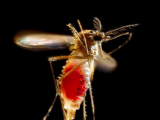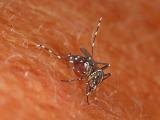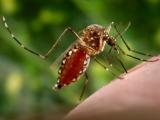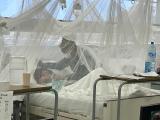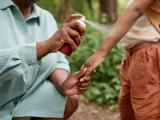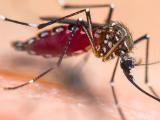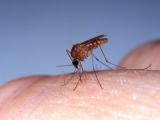About 58.4 million contracted symptomatic dengue in 2013 and more than 13,000 died, resulting in approximate global costs of $8.9 billion, according to a new study in The Lancet Infectious Diseases.
Researchers from Brandeis University and the University of Washington estimated incidence, case fatality, and economic burden of symptomatic dengue cases in 141 countries and territories, using 2013 case estimates from the Institute for Health Metrics and Evaluation's Global Burden of Disease Study, country demographic data, and expert opinion on medical costs.
In 2013, a total of 58.4 million people (95% uncertainty interval, 24 million to 122 million) contracted dengue worldwide, 18% of whom were hospitalized, while 48% sought ambulatory care, and 34% did not receive medical treatment. The authors estimate that 13,586 people, including 5,838 children, died from the infection in 2013.
The total cost of dengue worldwide in 2013 was $8.89 billion, the authors said. Nearly half of total costs (46%) were related to hospitalizations, followed by costs of ambulatory treatment (33.6%) and non-medical care (8.5%). Fatalities represented a low percentage of overall costs (11.9%), yet required the largest individual expenditures, costing $75,820 per adult and $84,730 per child, the authors said.
Treatment varied by region, with South Asia, North Africa, the Middle East, and sub-Saharan Africa having the largest hospitalization rates and costs for dengue cases, the authors said. High-income countries and regions of central and eastern Europe, western Asia, Latin America, and the Caribbean bore the brunt of ambulatory care costs.
Despite limitations, including inconsistent global data on dengue incidence, the findings provide a better understanding of global disease burden, which has previously been estimated at 9 million to 100 million cases per year, the authors said.
An impetus for control
In a related commentary in The Lancet Infectious Diseases, Mark Jit, PhD, MPH, who serves on a World Health Organization dengue working group with one of the study's authors, said that economic measures of dengue's effect will provide an impetus for implementing control measures.
He said that the authors' methods "are not beyond criticism, although the shortcomings are arguably unavoidable."
Given the disease's relatively low mortality and problems with vector control, global investment in vaccine testing and innovative control methods for dengue are not always prioritized, Jit said. He added that the new findings comparing costs between countries and costs borne by families will make the best case for spurring global dengue control.
Se also:
Apr 15 Lancet Infect Dis study
Apr 15 Lancet Infect Dis commentary


